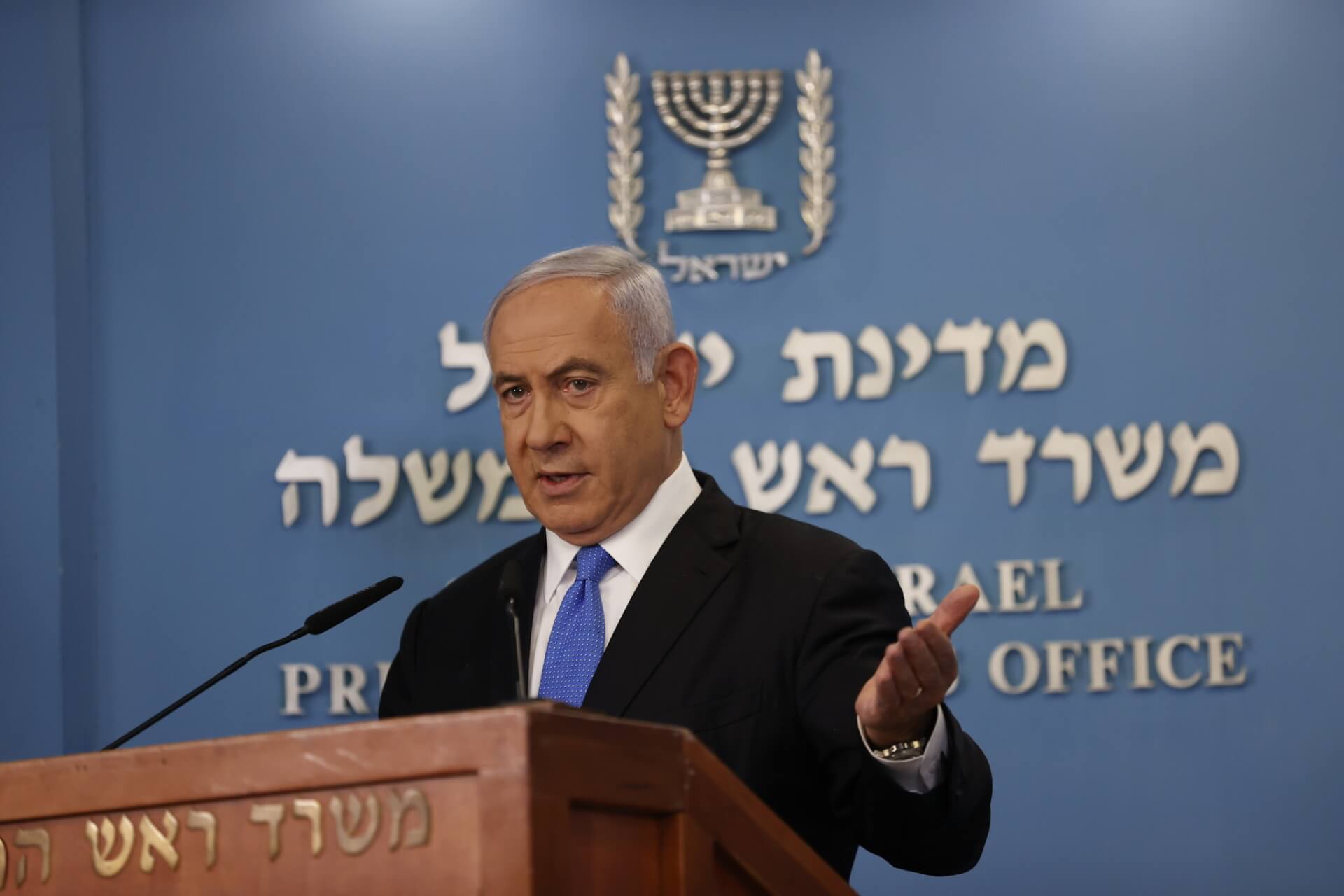On Tuesday, Israeli Prime Minister (PM) Benjamin Netanyahu proposed a bill introducing direct elections for the PM post after losing a key Knesset vote on deciding the members of the Arrangements Committee. At this stage, it looks highly unlikely that Netanyahu’s Likud party will be able to form a stable coalition before the May 4 deadline.
Membership of the Arrangements Committee is crucial, as it sets the agenda until a new government is formed. The panel chooses the temporary chairpersons of other key committees including Defence, Foreign Affairs, and Finance. It also controls bills coming before the Knesset during the transitional period.
The anti-Netanyahu bloc, led by Yair Lapid, won the final vote 60-51 after the United Arab List (UAL) party led by Mansour Abbas decided to back the opposition parties. UAL, popularly known as Ra’am, said that it will not back a coalition consisting of far-right parties like Religious Zionism and has recently tilted in favour of the anti-Netanyahu bloc. Lapid expressed his satisfaction with the results of the vote and tweeted that “the victory in the vote on the organising committee is another small step on the way to an Israeli unity government.”
On the other hand, Netanyahu indicated that he would not seek to form a government that relied on Ra’am’s support. “We don’t need Ra’am,” the PM said, adding, “We need direct elections so that we can form a government.” The idea of direct elections was floated in Israel in the 1990s but failed to gather support. Netanyahu had also backed the idea in 2019 and said that direct elections would give Israelis a more direct say in choosing their leader.
However, the proposal is bound to fail, as Ra’am has claimed that it will not support direct elections. It has been reported that Lapid is in talks with Ra’am members to join the anti-Netanyahu bloc in forming a coalition. While Abbas has not directly endorsed any faction till now, Monday’s vote provides an indication as to where things are headed.
Last month’s election results failed to produce a clear winner for the fourth consecutive time since 2019, continuing Israel’s political deadlock. Netanyahu’s Likud party managed to win 30 seats, making it the single largest party in the Knesset. However, Netanyahu and his allies only secured a total of 52 seats, short of the 61-seat majority required to form a government coalition. The pro-Netanyahu bloc of parties includes Shas, United Torah Jerusalem, and Religious Zionism, who respectively won nine, seven, and six seats. On the other hand, the opposition, represented by Yair Lapid’s Yesh Atid, Kahol Lavan, Yisrael Beitenu, Labour, and three other parties, including the Arab Joint List, managed to secure a total of 57 seats, four short of the number needed to form a stable government.
Likud would need the support of former ally Naftali Bennett’s Yamina party as well as outside support from Abbas’ Ra’am in order to form a government. While Bennett has refused to take sides so far, Times of Israel reported that Bennett has been holding talks with opposition parties. However, there is still a lot of disagreement between Bennett and Lapid over who will get to form ministries in a potential coalition. With 57 seats, the anti-Netanyahu bloc only needs the support of Ra’am, which won four seats, to form a stable government.
The Knesset vote strongly hints at an end to Netanyahu’s bid to become PM and his direct election proposal is seen as his last-ditch attempt to remain in power. In a message to Netanyahu, Lapid tweeted: “The State of Israel no longer needs an election campaign. It is not a direct election, it is a detour to spending time at the expense of the public. It is time to form an Israeli unity government. It is possible.”
Netanyahu Proposes Direct PM Election As Likud Unlikely to Form Government
Benjamin Netanyahu proposed a bill introducing direct elections for the PM post after losing a key Knesset vote on deciding the members of the Arrangements Committee.
April 21, 2021

SOURCE: YONATAN SINDEL/FLASH90
